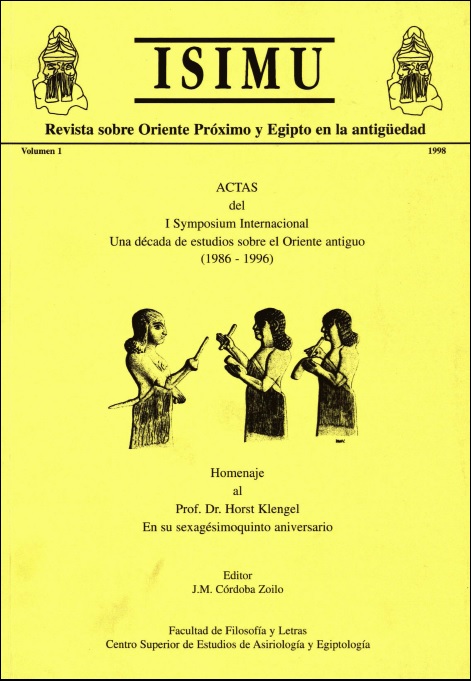Copyright (c) 2016 ISIMU

Questo lavoro è fornito con la licenza Creative Commons Attribuzione - Non commerciale 4.0 Internazionale.
Abstract
Childe's "urban revolution" was based on the marxist paradigm of change as resulting from two economic factors: (1) a "pristine" accumulation of capital; (2) its subtraction from private consumption, and destination to common use. American neo-evolutionism substituted the "revolution" model with a gradual increase of complexity, following the trajectory from "chiefdom" to "early state" -- a trajectory however based on modern cases, which are mostly "secondary" and as a matter of fact did not give origin to states. Also the complex explanation in the vein of systems theory do not take into due account the merits of the old theories, nor the specific features of the historical cases. It is suggested that the old Marx-Childe paradigm, with its "revolutionary" tempo and its economic factors, be formulated anew and tested against the enlarged set of data available today.
